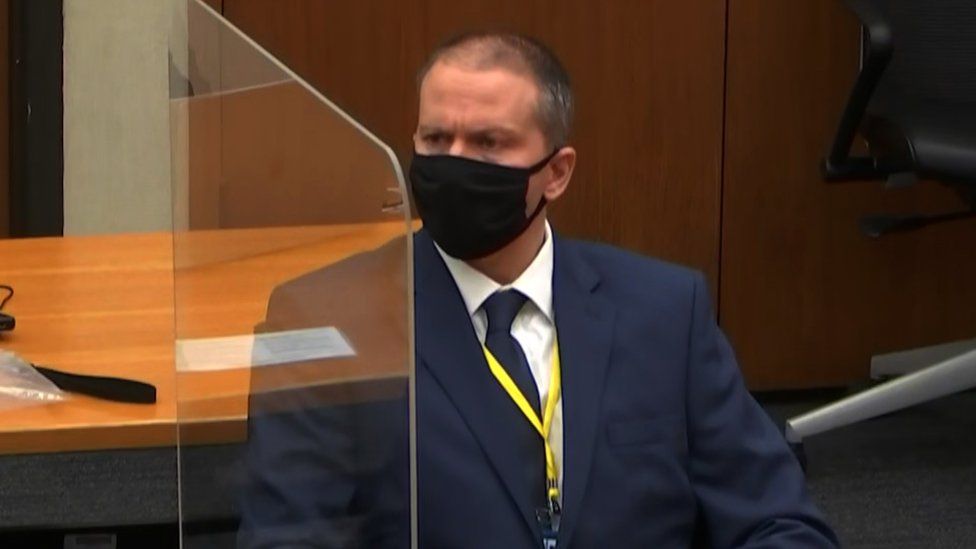Amazon recently filed a lawsuit on Thursday in the US District Court for the Western District of Washington, accusing influencers Kelly Fitzpatrick and Sabrina Kelly-Krejci of working with a group of other individuals and businesses to sell counterfeit products on the company’s marketplace.
What We Know:
- Amazon stated that Fitzpatrick and Kelly-Krejci were involved in a scheme that marketed products as “dupes“. The goal of this fraudulent activity is to make a product appear as close as possible to the original thing as to avoid any legal consequences such as copyright. Although in the case of these influencers, these products did not fall into that category and were actually third-party counterfeits sold by other Amazon sellers which would be subject to infringement.
- The Amazon pages in question appeared like they were selling any other generic items, but Fitzpatrick and Kelly-Krejci put the nail in the coffin when they revealed to followers on Instagram or TikTok what they were actually buying. They purchased items from other sellers such as fake Gucci belts and other purses or wallets.
- One of the ads found that Fitzpatrick promoted on her Instagram story is included in the lawsuit. The example shows two counterfeit items in what Amazon called an “order this/get this” scheme in an attempt to avoid the company’s anti-counterfeit protections.

- Before being discovered, Fitzpatrick and Kelly-Krejci were previously members of Amazon’s influencer marketing program, which gives the seller a percentage of profits on items sold which they have promoted. They have since been removed from the program as soon as Amazon found out about the fake goods.
- BusinessInsider reported that this isn’t their first rodeo. The lawsuit states that both these women’s social media accounts have been shut down before over the same selling scheme.
- Amazon now seeks to ban Fitzpatrick, Kelly-Krejci, and anyone else involved from selling products on Amazon. This includes opening vendor accounts, linking products to an Amazon store, and have any sort of affiliation with the company. They will also be responsible for paying damages to the company, along with Amazon’s legal fees.
In order to finally put a stop to the piracy, the company launched a “Counterfeit Crimes Unit” tasked with prosecuting sellers who market dupes. The counterfeit dilemma has reached a point where brands like Nike and Birkenstock have stopped selling on Amazon. They cite wanting to have “more direct, personal relationships” with their customers and others want to avoid sketchy business.



